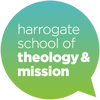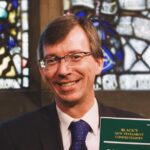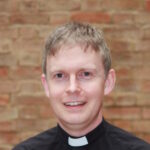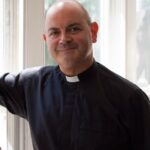Professor Paul Foster
Prof Paul Foster’s says:
My motivation for undertaking theological studies was to be able to read the Bible in its original languages. Although achieving this goal was not something that was quickly realised, the benefits have been enormous. Reading the New Testament in the very words that the authors penned opens up new horizons of understanding, it helps one see the original writers’ concerns more clearly, and brings the world of the New Testament alive.
I enjoy working across a range of New Testament and Early Christian literature, since that permits a holistic view of the development and emergence of the early Jesus movement. In particular in relation to the New Testament, I have worked on pre-gospel sources such as Q, and the M source although I am sceptical that the latter ever existed as a coherent source. In relation to the New Testament writing a long-term interest is the Gospel of Matthew, and several letters of Paul including Colossians and the Thessalonian epistles. Furthermore, the phenomenon of wider gospel literature, known as the non-canonical gospels, is also another area that has fascinated me as a window into the piety of early believers. I have written extensively on the text known as the Gospel of Peter, as well as a range of other non-canonical gospels.
A final major area of interest in my academic biography is collection of writings known as the Apostolic Fathers. These writings reflect the emergence of structures that became foundational in the early church. The writings of Ignatius and Polycarp depict early Christianity in the first half of the second century.
Together these interests permit an overview of Christianity in the first two centuries of its existence.




